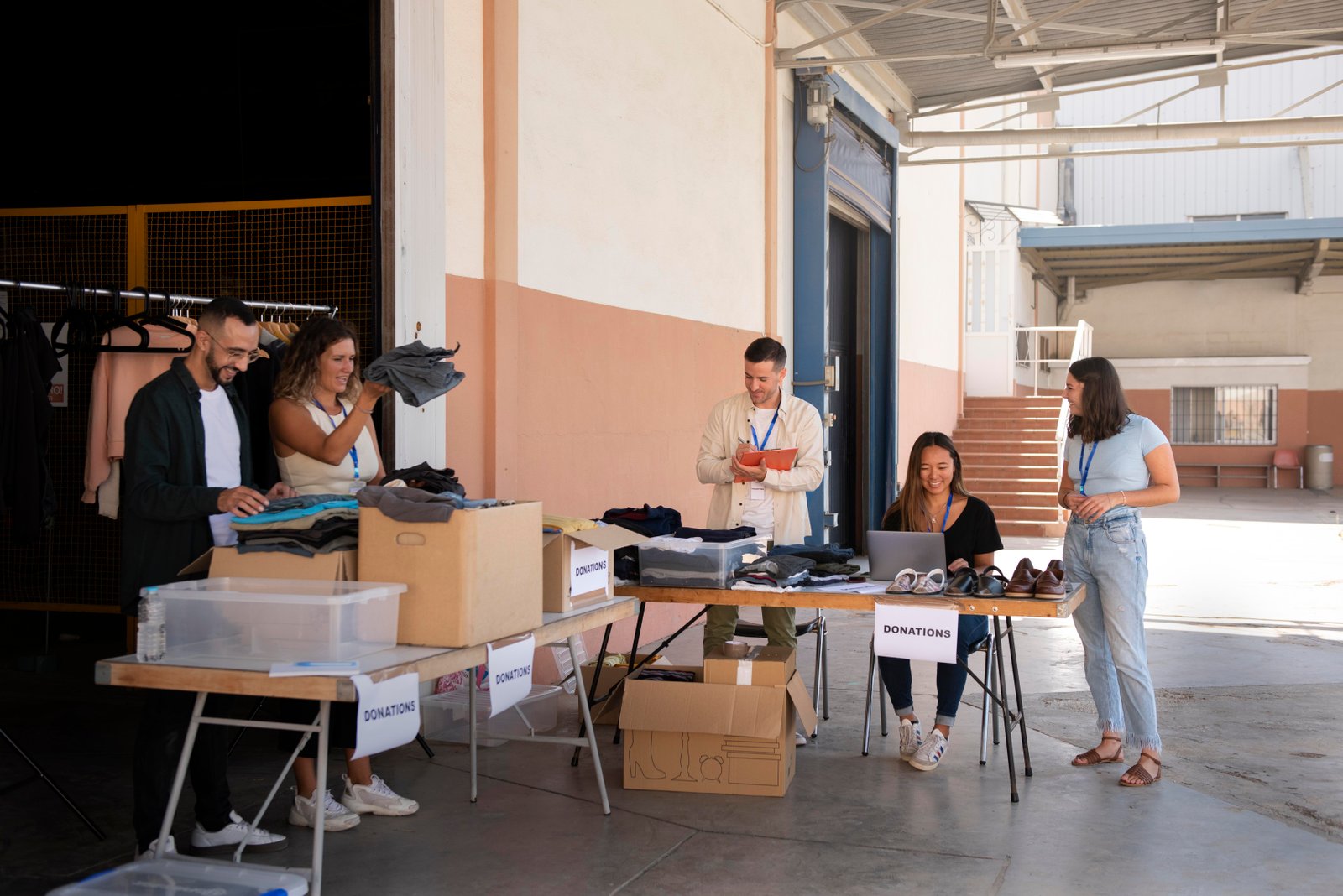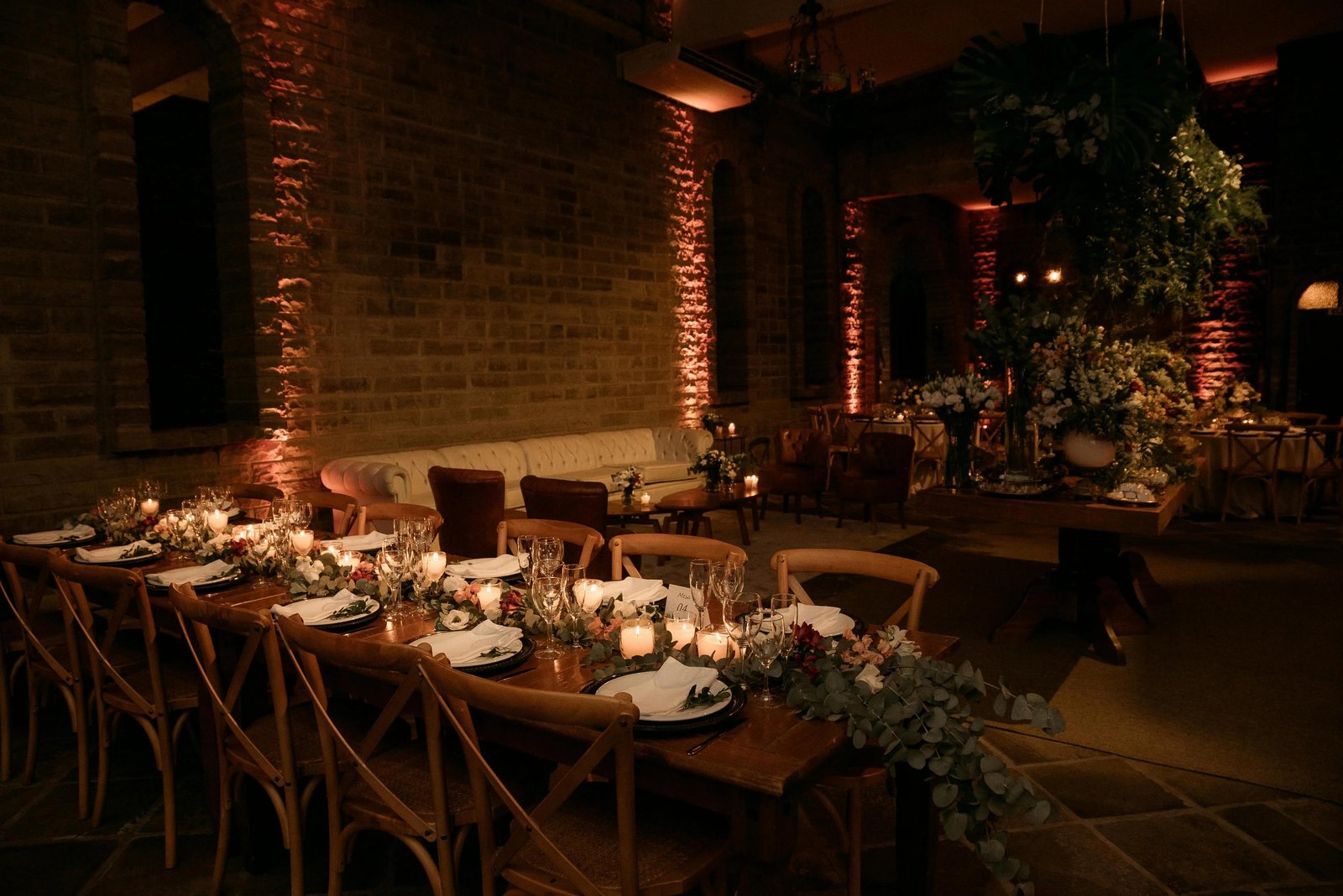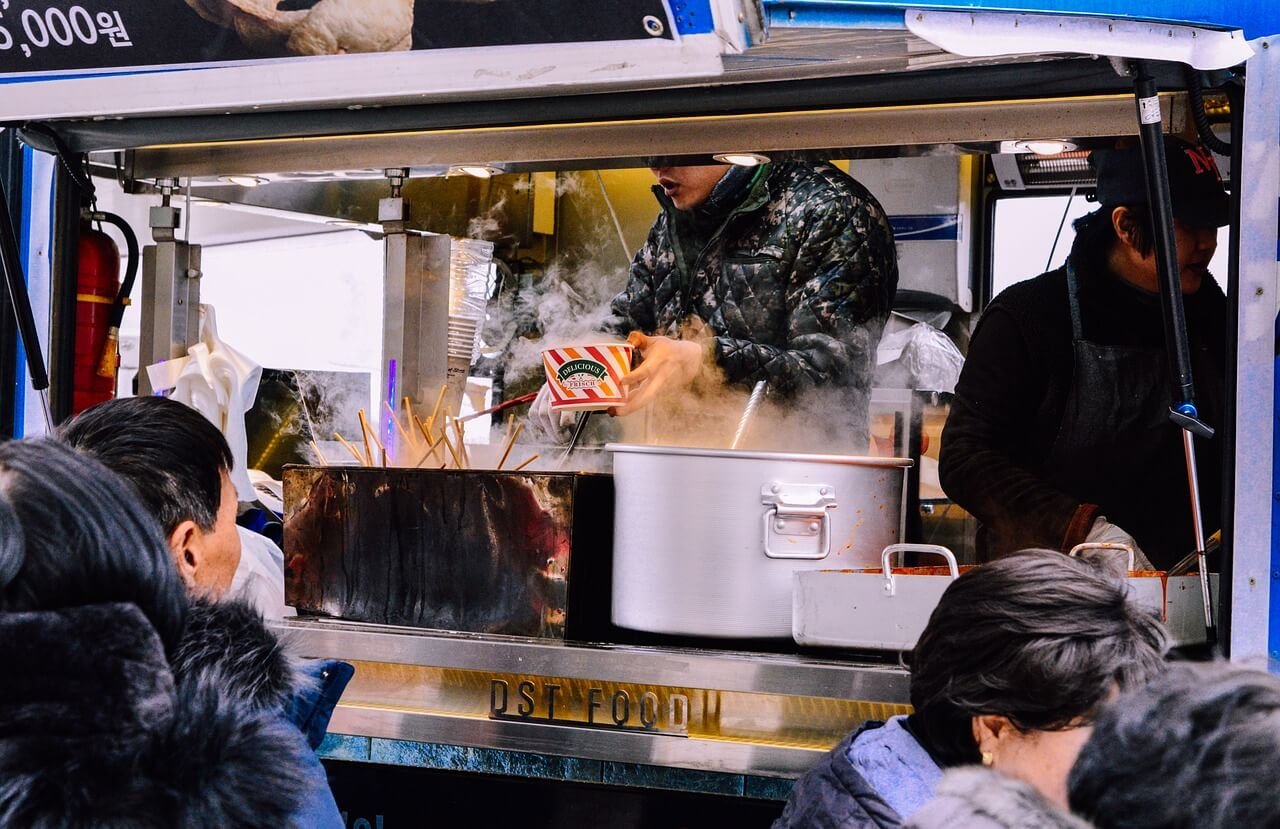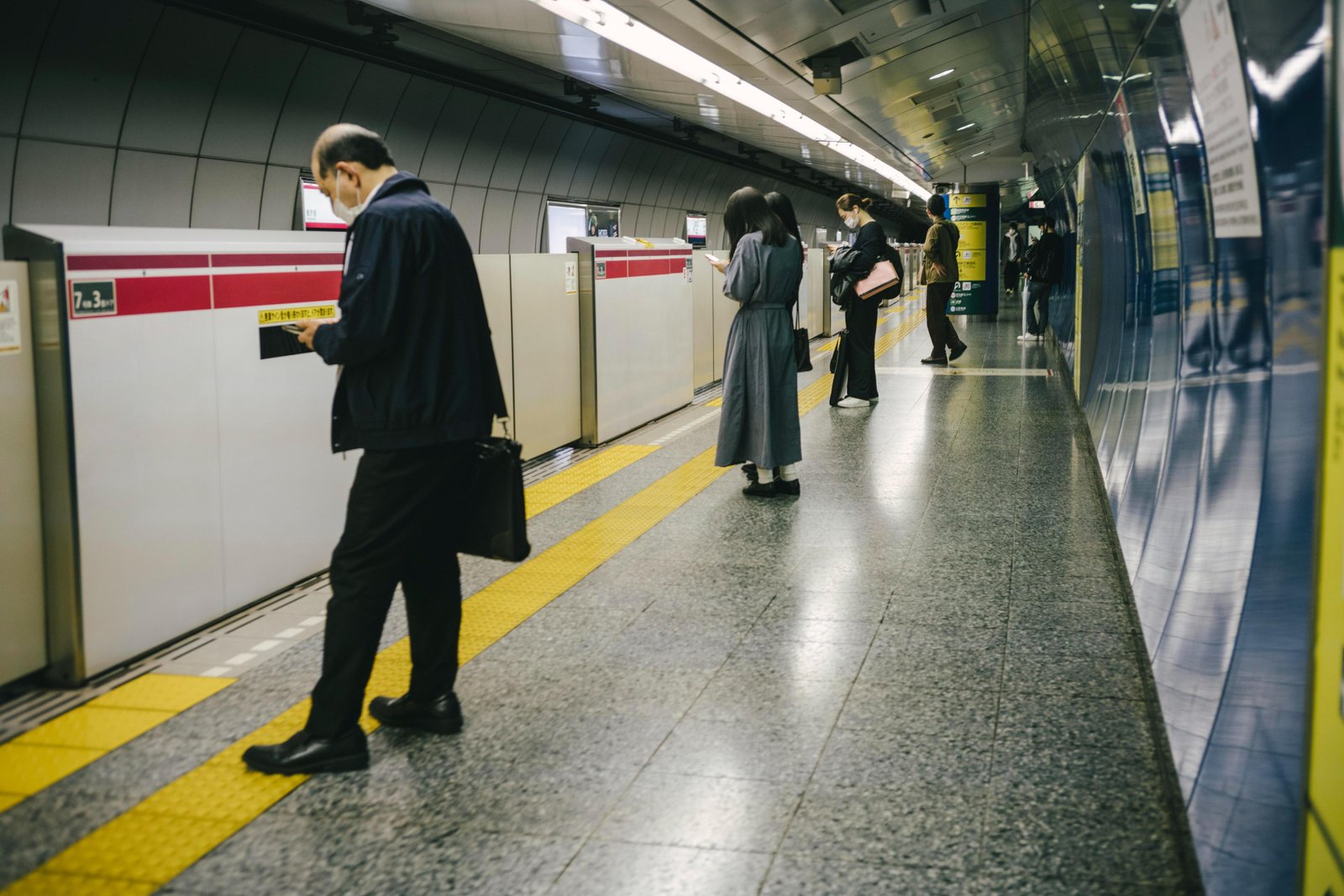South Atlanta is experiencing a retail transformation, driven by economic growth, increasing population, and consumer demand for unique shopping experiences. The region is attracting major brands, entrepreneurs, and developers seeking to capitalize on its thriving retail sector. With new mixed-use developments, innovative shopping experiences, and the revival of community retail centers, South Atlanta is becoming a retail powerhouse.
This article explores the key retail trends shaping the area, successful retail developments, and what the future holds for businesses and investors.
Key Trends Driving Retail Growth in South Atlanta
1. The Rise of Mixed-Use Developments
Mixed-use developments are revolutionizing retail in South Atlanta by integrating shopping, dining, entertainment, and residential spaces in one convenient location. Consumers are looking for walkable, lifestyle-centric shopping destinations that offer more than just retail stores.

Notable Examples:
- 1. Centennial Yards – A major retail and residential hub developed by CIM Group, featuring high-end shopping, restaurants, and entertainment venues.
- discoveratlanta.com
- 2. The Works – A redevelopment project by Selig Enterprises, blending office spaces, apartments, and a retail district with local and national brands.
- seligenterprises.com
- These developments exemplify the dynamic growth in South Atlanta’s retail and residential sectors
These projects are not only boosting foot traffic but also driving higher property values and investment interest in the area.
2. E-Commerce and the New Retail Model
While online shopping continues to dominate, brick-and-mortar retail in South Atlanta is evolving to complement digital sales. Retailers are adopting omnichannel strategies to merge physical and digital experiences.
Key adaptations include:
- Buy Online, Pick Up In-Store (BOPIS) – Increasing convenience for customers who shop online but prefer fast in-store pickup.
- Experiential Retail – Stores are using interactive displays, exclusive in-person promotions, and technology to enhance the shopping experience.
- Social Commerce Influence – Retailers are leveraging Instagram, TikTok, and Facebook to drive traffic to physical stores.
Retailers that integrate these digital strategies with in-store experiences are seeing higher engagement and sales.
3. Community-Focused Shopping Centers
Retail spaces are increasingly designed with community engagement in mind, providing more than just shopping. Developers are incorporating green spaces, local vendors, and event spaces to attract visitors.
Examples of Community-Centered Retail Initiatives:
- Local markets and pop-up shops featuring small businesses.
- Family-friendly events and entertainment spaces.
- Shopping districts that blend national brands with local boutiques.
These centers strengthen local economies by fostering entrepreneurship while providing consumers with unique, personalized shopping experiences.
4. The Role of Government & Economic Initiatives
Local governments and business organizations are actively supporting retail expansion through tax incentives, small business grants, and zoning improvements. The South Atlanta Business Development Initiative (hypothetical example) has helped launch dozens of retail projects through funding and policy changes that attract investors.
Notable support initiatives include:
- Tax breaks for businesses opening in underdeveloped areas.
- Infrastructure investments to enhance accessibility to retail centers.
- Partnerships with local entrepreneurs to create more business-friendly environments.
With continued government and private sector backing, South Atlanta is set to remain a prime retail investment destination.
Success Stories: Retail Boom in South Atlanta
Revitalization of [Example Shopping District]
One of South Atlanta’s biggest success stories is the transformation of [Example Shopping District] from an outdated retail space into a bustling shopping and entertainment hub.
Key Outcomes:
- 30% increase in new business openings in the last five years.
- Major brands launching flagship stores in the area.
- Higher employment rates and economic uplift for surrounding communities.
This transformation highlights how strategic development and investment can revive underperforming retail spaces and turn them into profitable centers.
Small Businesses Thriving in South Atlanta
Many local entrepreneurs have found success due to affordable rental spaces, a supportive business environment, and strong consumer demand. Independent stores and restaurants are flourishing, creating a diverse retail scene that attracts both locals and tourists.
Successful small businesses in the region have benefitted from:
- Local shopping initiatives encouraging consumers to support small businesses.
- City-backed funding for startups and retail entrepreneurs.
- Business-friendly regulations reducing barriers to entry.
As South Atlanta continues to grow, more opportunities for small business success are emerging, contributing to a vibrant and competitive retail market.
Future Outlook for South Atlanta’s Retail Industry
The future of South Atlanta’s retail sector looks promising, with continued investments in:

- Sustainable retail developments – Green building initiatives and eco-friendly shopping spaces.
- Tech-driven shopping experiences – AI-powered recommendations, smart checkout solutions, and immersive shopping technology.
- Expanding retail districts – New projects designed to accommodate growing consumer demand and urban expansion.
With ongoing retail innovations, South Atlanta is poised to remain a top destination for both national retailers and local entrepreneurs.
South Atlanta’s retail transformation presents exciting opportunities for investors, developers, and small business owners. Whether you’re looking to start a retail business, invest in real estate, or explore new shopping experiences, the region offers a dynamic and evolving retail landscape.












